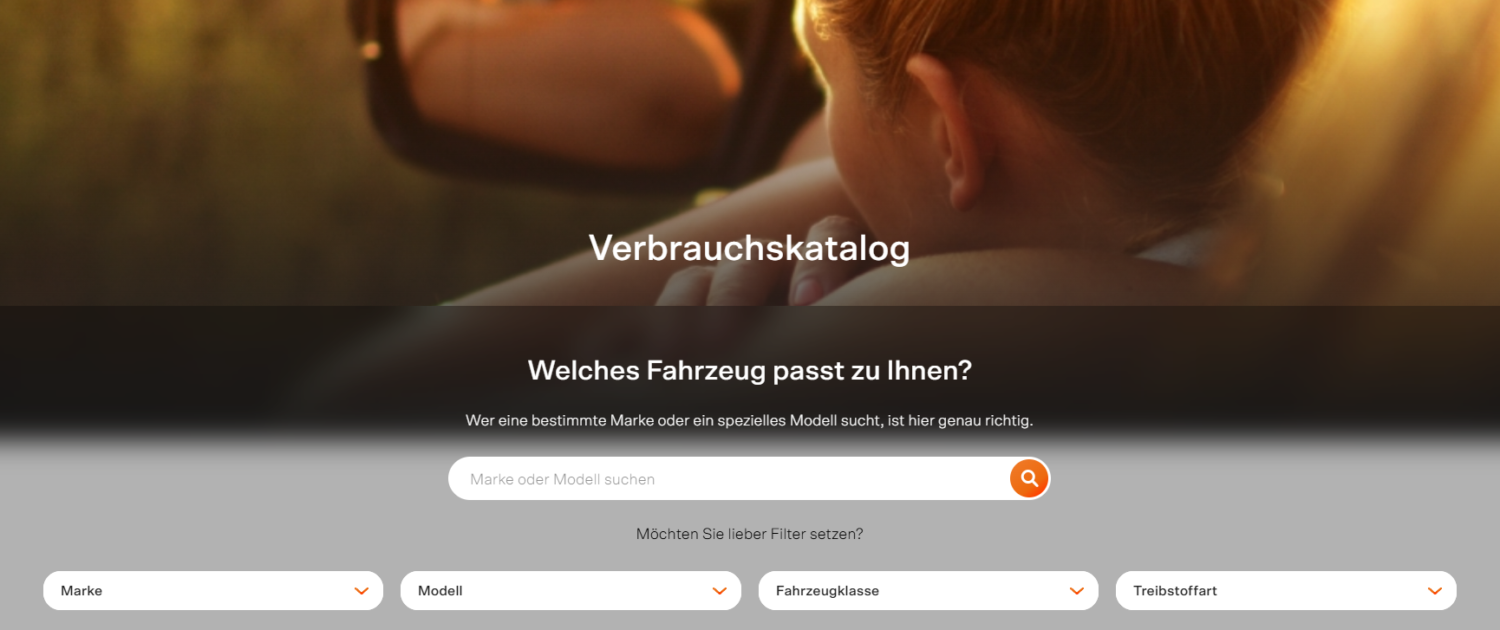Die Bauwirtschaft hat einen massgeblichen Anteil am Schweizer Ressourcen- und Energieverbrauch sowie an den Treibhausgasemissionen. Will die Schweiz bis 2050 das Netto-Null-Ziel erreichen, muss die Bauwirtschaft ihre Prozesse, Materialien und Technologien konsequent auf Kreislaufwirtschaft, Energieeffizienz und klimafreundliche Lösungen ausrichten. Wie plant und baut man so, dass möglichst wenig Ressourcen und Energie verbraucht und Treibhausgase ausgestossen werden? Weiterlesen
Schlagwortarchiv für: Standard
Staub, Lärm und Abgase von Baumaschinen mit Dieselmotor: Das sind typische Begleiterscheinungen von Baustellen. Pilot-Baustellen in den Städten Basel, Zürich und Luzern sollen zeigen, dass es ruhiger und mit weniger CO2-Emissionen geht. Eingesetzt werden dabei unter anderem batterieelektrische Bagger. Die Entwicklung dieser E-Bagger hat das Bundesamt für Energie (BFE) im Rahmen des Pilot- und Demonstrationsprogramms unterstützt. Weiterlesen




 2 Vote(s), Durchschnitt: 5,00
2 Vote(s), Durchschnitt: 5,00IAEA-Generalkonferenz 2025: Starkes Engagement für Sicherheit, Forschung und internationale Zusammenarbeit
Die Internationale Atomenergie Agentur (IAEA) ist eine Organisation der Vereinten Nationen mit Sitz in Wien. Sie sorgt weltweit dafür, dass Atomenergie sicher und friedlich genutzt wird – etwa zur Stromerzeugung, in der Medizin oder in der Forschung. Jedes Jahr treffen sich Vertreterinnen und Vertreter aus über 180 Ländern zur Generalkonferenz, um aktuelle Herausforderungen und gemeinsame Lösungen zu besprechen. Auch die Schweiz spielt in diesem internationalen Netzwerk eine aktive Rolle. Vom 15. bis 19. September 2025 war eine Schweizer Delegation unter der Leitung von Staatssekretär und BFE-Direktor Benoît Revaz an der 69. IAEA-Generalkonferenz in Wien vertreten – mit einem klaren Ziel: Verantwortung übernehmen, Wissen teilen und die Zukunft mitgestalten. Weiterlesen




 Noch keine Bewertungen
Noch keine BewertungenDas übergeordnete Ziel ist klar: Um die Erderwärmung zu stoppen, will die Schweiz bis 2050 den Ausstoss von Treibhausgasen auf netto null senken. Was aber bedeutet das für den Gebäudebereich? Ein von drei Beratungsfirmen und vier akademischen Organisationen getragenes Forschungsprojekt hat danach gefragt, was genau unter einem Gebäude mit netto null Treibhausgasemissionen zu verstehen ist und welche Aspekte bei der Berechnung mit einbezogen werden müssen. Damit wurden einheitliche Grundlagen für Standards, Labels sowie gesetzliche Anforderungen geschaffen – und darauf hingearbeitet, dass alle Akteure der Baubranche bei netto null vom Gleichen reden. Weiterlesen




 Noch keine Bewertungen
Noch keine BewertungenChancen nutzen, Risiken mindern: KI im Energiesektor
Künstliche Intelligenz ist überall. Auch im Energiesektor wird KI zunehmend eingesetzt. Das zeigt eine Umfrage bei 110 Energieversorgungsunternehmen in der Schweiz. Was heisst das für die Versorgungssicherheit? Eine Studie im Auftrag des Bundesamts für Energie (BFE) zeigt: KI bietet Chancen aber auch Risiken. Weiterlesen




 1 Vote(s), Durchschnitt: 5,00
1 Vote(s), Durchschnitt: 5,00Wärmepumpen gelten als Schlüsseltechnologie zur Dekarbonisierung des Gebäudesektors. Um diesem Anspruch gerecht zu werden, müssen diese Heizsysteme noch viel häufiger zur Anwendung kommen. Die diesjährige BFE-Tagung zur Schweizer Wärmepumpenforschung hat Wege aufgezeigt, wie Wärmepumpen auch in Bestandsbauten Verbreitung finden. Mit einer breiten Nutzung sind auch einheitliche Qualitätsstandards gefragt. Weiterlesen




 Noch keine Bewertungen
Noch keine BewertungenNeues Minergie-Zertifikat: «Wir wollen keinen unnötigen Verbrauch von Kilowattstunden in den Gebäuden»
Minergie hat im Mai 2025 mit «Minergie-Betrieb» ein neues Zertifikat lanciert: Anders als die bereits länger bestehenden Labels zeichnet «Minergie-Betrieb» Gebäude aus, die nicht nur energieeffizient gebaut, sondern auch energieeffizient betrieben werden. Warum braucht es dieses neue Zertifikat? Weiterlesen




 2 Vote(s), Durchschnitt: 3,00
2 Vote(s), Durchschnitt: 3,00Silvan Dillier: «Wir sollten zur Welt Sorge tragen»
Er gehört zu den erfolgreichsten Radsportlern der Schweiz: Silvan Dillier will seine Vorbildfunktion nutzen – und zeigen, wie sich ein Leben auf Nachhaltigkeit ausrichten lässt. Das zeigt sich auch in seinem Haus in Schneisingen AG. Weiterlesen




 Noch keine Bewertungen
Noch keine BewertungenSmart Meter: Neuer Standard soll Nutzung von Echtzeit-Daten erleichtern
Echtzeit-Daten zu Verbrauch und Produktion abrufen: Smartmeter vereinfachen dies. Allerdings gibt es bei den Kundenschnittstellen, wo diese Daten abgeholt werden könnten, keine Standards – bis jetzt. Nun soll sich das ändern mit dem neuen Branchendokument, das der Verband Schweizerischer Elektrizitätsunternehmen (VSE) mit Unterstützung von Energie Schweiz ausgearbeitet hat. Weiterlesen




 2 Vote(s), Durchschnitt: 3,00
2 Vote(s), Durchschnitt: 3,00Keine Qual mehr bei der Wahl des Neuwagens – der neue Verbrauchskatalog hilft beim Entscheid
Welches Fahrzeug entspricht am besten den eigenen Bedürfnissen? Wieviel CO2 stösst der gewünschte Neuwagen aus? Wie sieht es punkto Treibstoff- oder Stromverbrauch aus? Antworten gibt der Verbrauchskatalog, den EnergieSchweiz in Zusammenarbeit mit dem TCS komplett überarbeitet und mit neuen Elementen erweitert hat. Weiterlesen




 1 Vote(s), Durchschnitt: 5,00
1 Vote(s), Durchschnitt: 5,00Kontakt
Bundesamt für Energie
Pulverstrasse 13
3063 Ittigen
Postadresse:
Bundesamt für Energie
3003 Bern
Telefonnummern:
Hauszentrale +41 58 462 56 11
Pressestelle +41 58 460 81 52
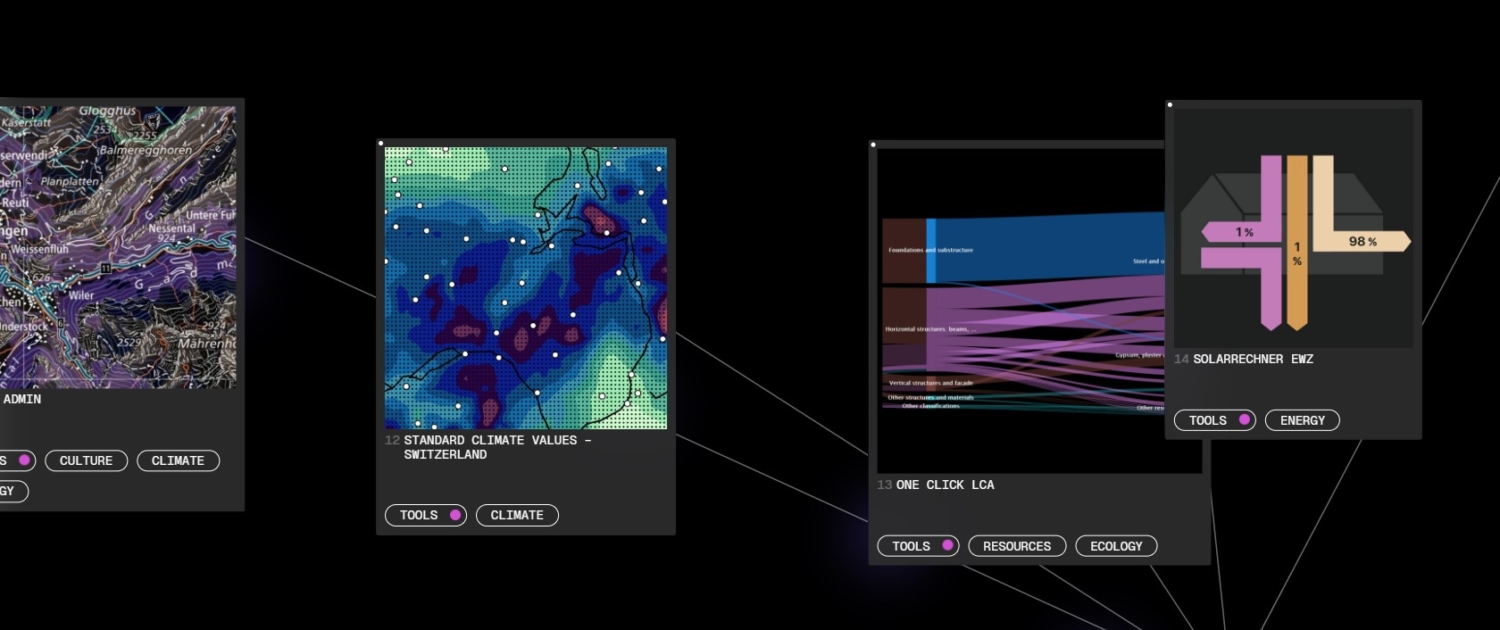 Screenshot IDA
Screenshot IDA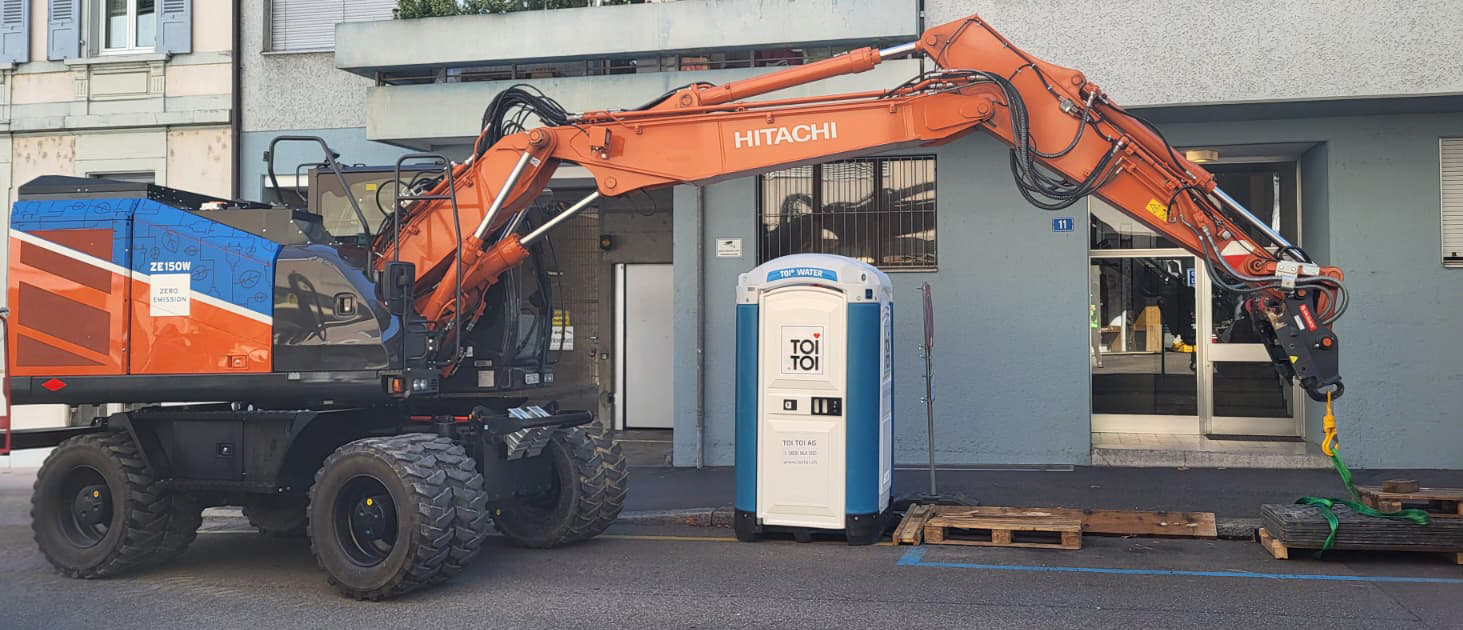 SUNCAR
SUNCAR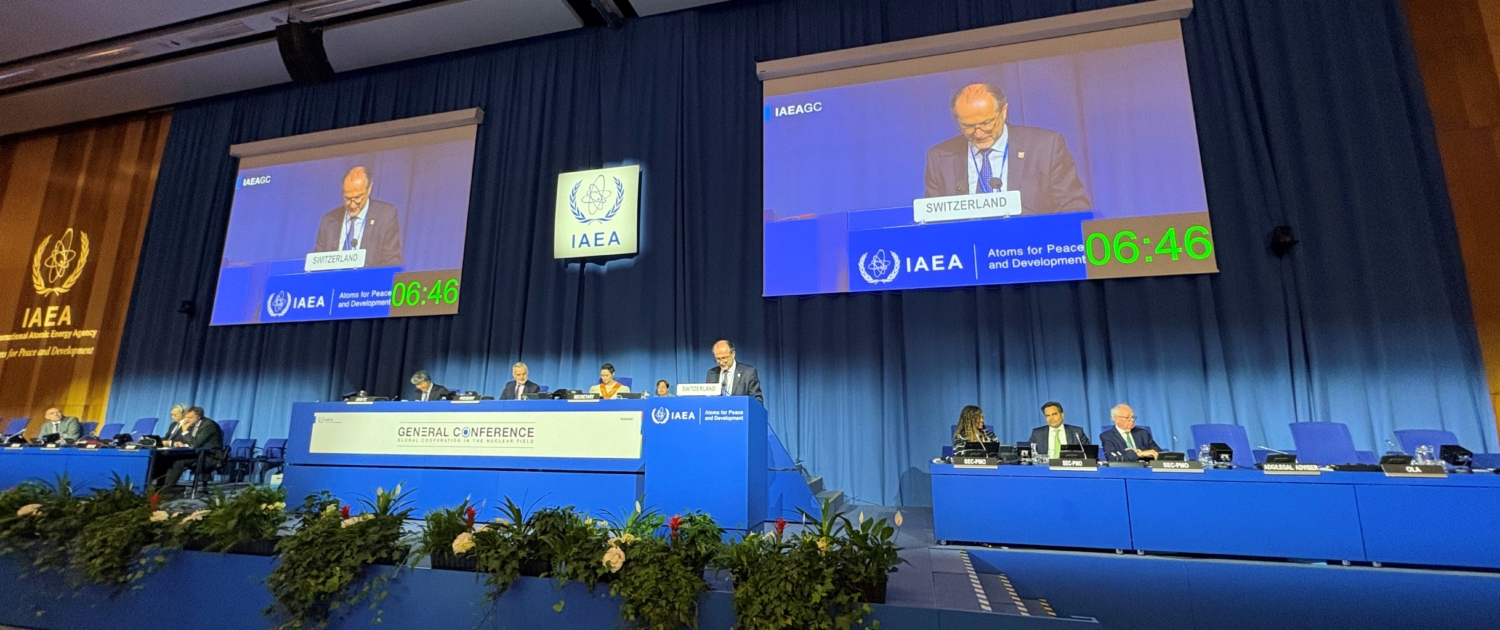 BFE
BFE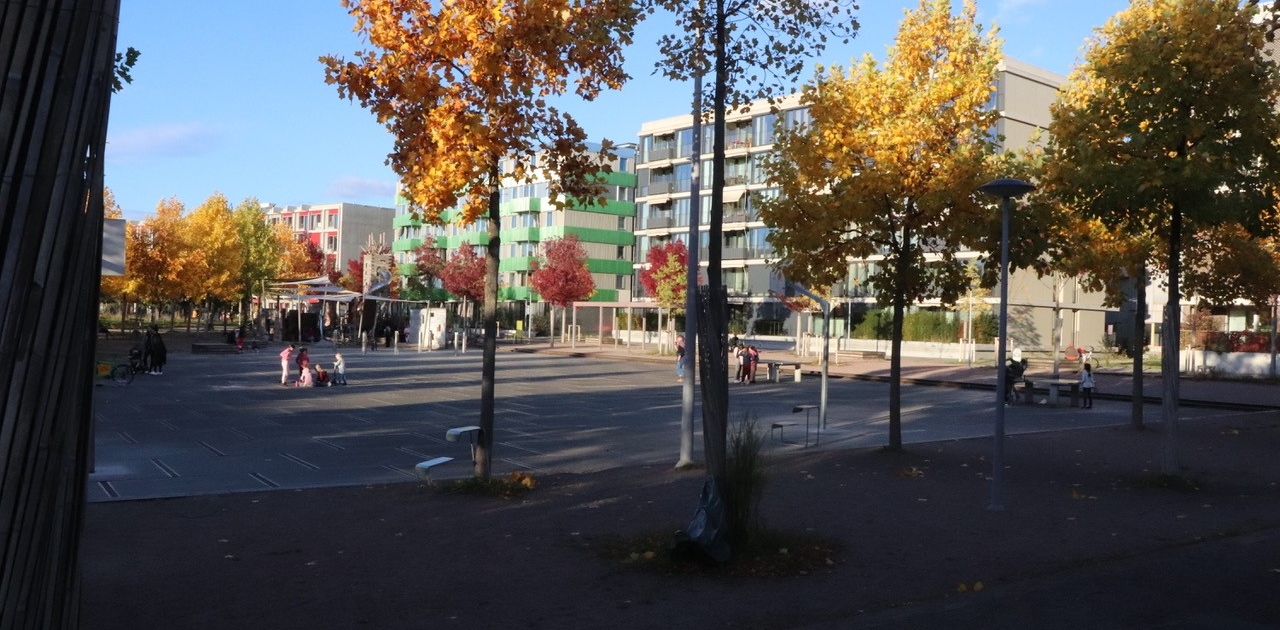 Benedikt Vogel
Benedikt Vogel Shutterstock
Shutterstock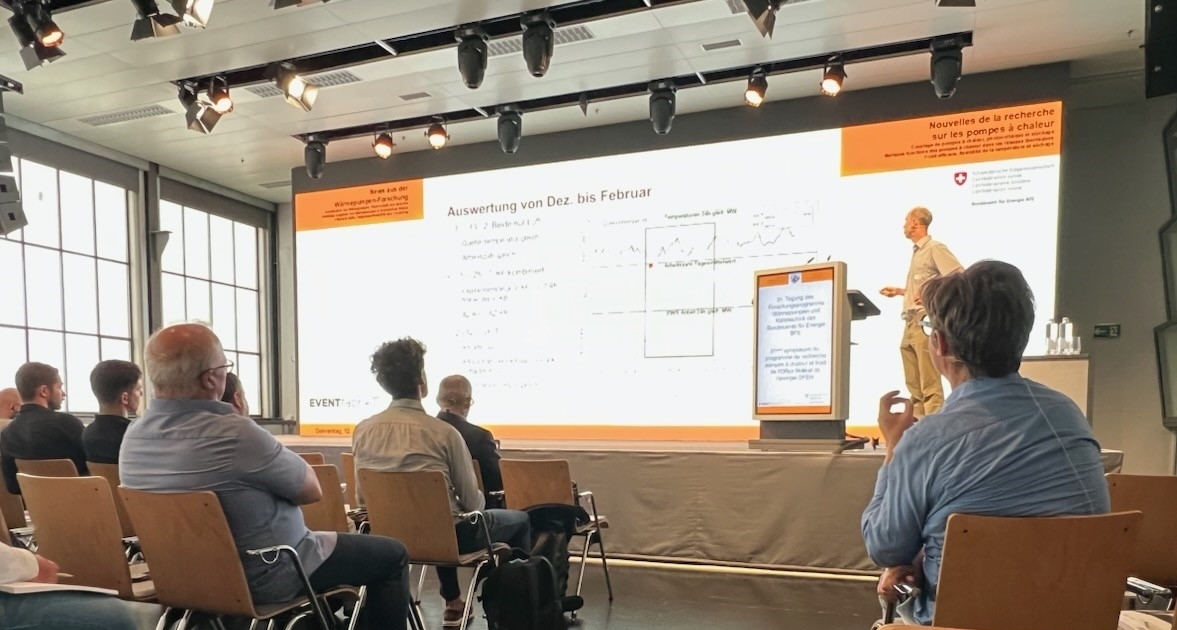 Benedikt Vogel
Benedikt Vogel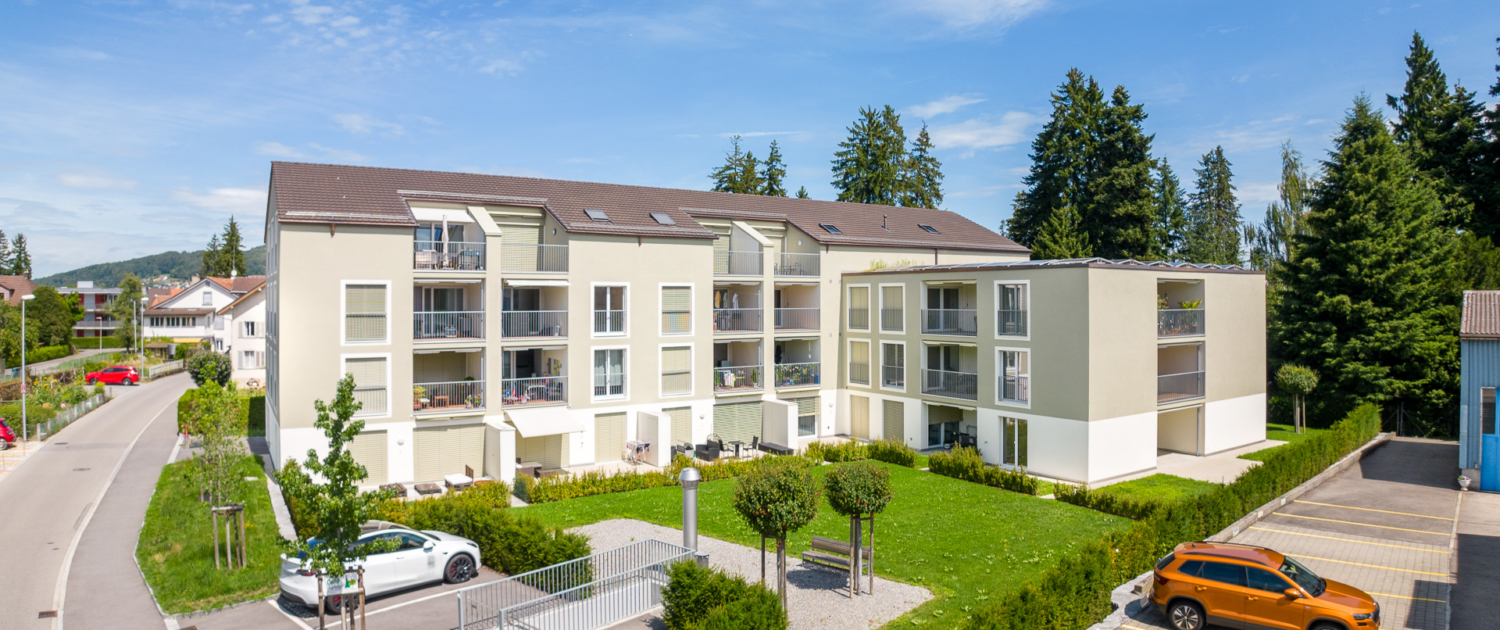 zvg Minergie
zvg Minergie EnergieSchweiz
EnergieSchweiz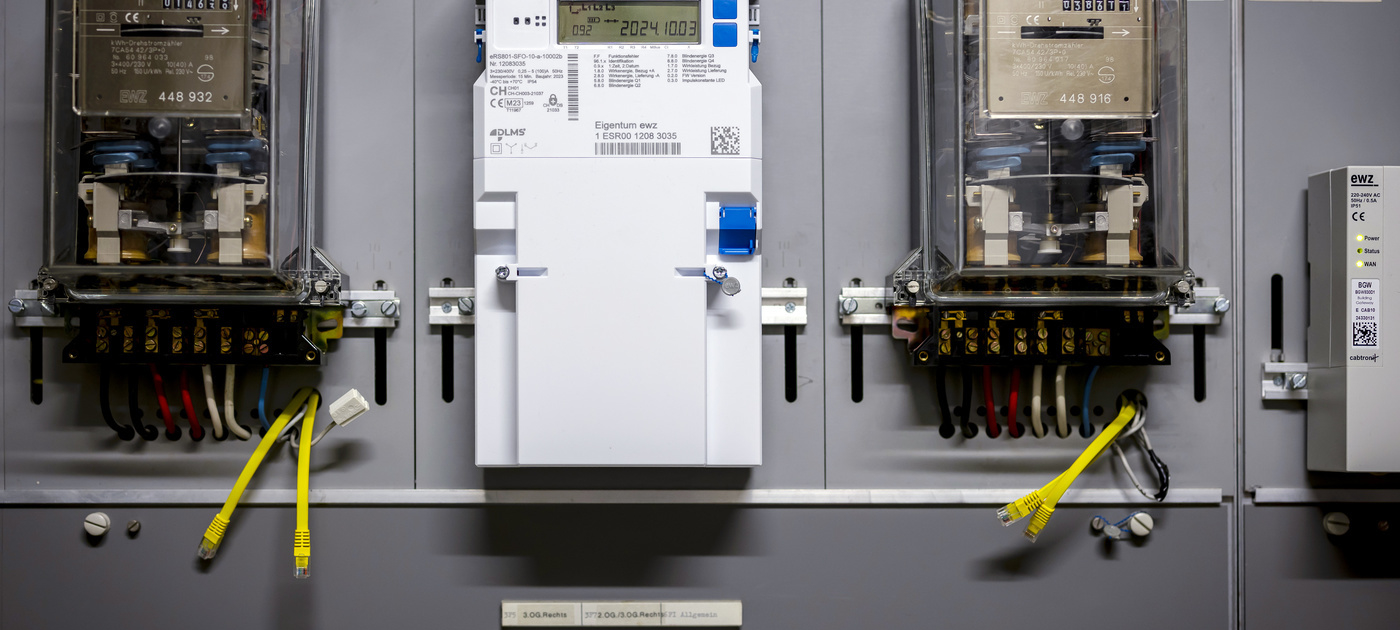 keystone-sda
keystone-sda